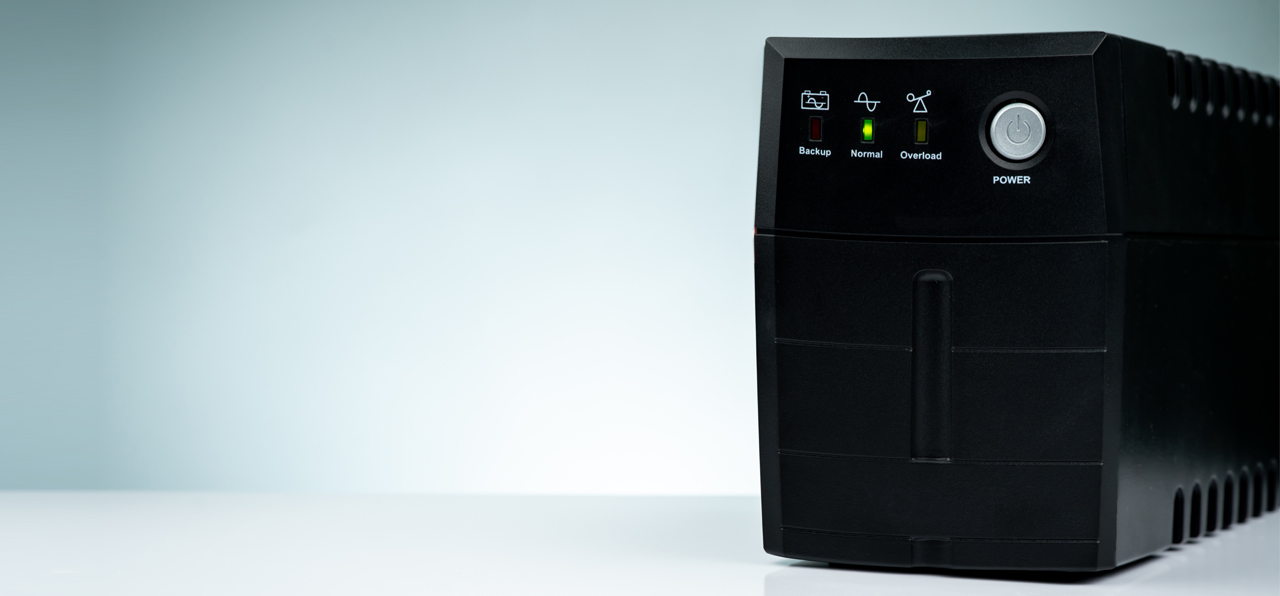
The inverter is the most delicate part of your overall power backup system. This holds true even if you are looking for a rooftop domestic installation. And the criticality goes up if you consider powering up a commercial establishment, like an entire office building or a manufacturing facility.
Remember that the power generated by solar panels cannot be used directly. Solar panels generate direct current (DC), while all your appliances run on alternating current (AC), as supplied by the grid. It is the inverter that does the crucial conversion from DC to AC, to help you reduce your power bills, and run the establishment in a hassle-free manner.
Here is a list of a few things that you should consider before buying a branded inverter.
Consider your Power Consumption
Having a rough estimate of how much power you’ll need from the inverter will help you in selecting the cheapest inverter. Once you’ve determined the combined load of all the appliances in your home that you want to use while on backup power, you can get an inverter of adequate size. No need to buy a branded inverter that has more power capacity than you actually require.
Understand How Inverters are Different
When it comes to power backup devices, inverters are not the only ones available. You can get a generator or a UPS as well. While their basic functionality is the same: provide power in times of an outage, every device has its own perks. UPS stands for Uninterrupted Power Supply and is generally connected with computers and other devices that shouldn’t be turned off in the middle of something. These devices are not capable of powering up too many appliances at once.
Generators are more powerful than an inverter but require a gas source to be operated. In case of a power cut, generators don’t come online instantly and you’d have to turn on its motor every time.
Also Read: Generator v/s Inverter Back-up: Pros and Cons
3. Appliances You can Power with an Inverter
An inverter does provide backup power but that doesn’t mean that it can power up every device in your home. There is a certain limit to every inverter and while they may be great for lighting up your lights and fans, they won’t power up your fridge or AC.
4. Power Capacity
Once you’ve decided which devices and appliances you want to power up, it’s time to decide how long you want them to run. Inverters with a larger battery capacity tend to run longer and are a great buy for people that live in places with prolonged power cuts.
Even though these tips will help you in selecting the best inverter for your home, there are still a few mistakes that you can do while buying one. So, before picking up an inverter, watch out for these six pitfalls:
One: Cheap Options
While there is nothing wrong with being cost-conscious, beware of excessively low prices. Check the warranty period, for example. If the manufacturer of an inverter is offering a lower warranty than another, it probably indicates a poorer quality (as the manufacturer has less confidence in the product). Remember that you get what you pay for.
As mentioned above, the inverter is responsible for the conversion from AC to DC and vice-versa. A cheap inverter will not have a copper transformer (it might use a cheaper aluminium transformer instead). So, you will face perpetual conversion losses from incoming AC to DC. Similarly, a good-quality inverter will have a higher power factor (could be close to 95%) than a cheaper one, which might be in the 40-50% range. And a higher power factor indicates the proportion of output that is in harmony with the regular incoming supply. So, go for a pure sine wave solar inverter, as harmonious output means your appliances will run smoother and longer.
Also Read: ad Top Reasons Why You Should Choose A Sine Wave Inverter Over A Normal Inverter
Two: Shopping Around and Buying the Cheapest from Different Sources
Now, this can cost you dearly in the short run as well as long run. Instead of buying the entire system from one vendor, you might think of buying the solar inverter online, the panels from another vendor, and so on. Most likely, you will run into incompatibility issues which will haunt you.
Three: Doing It Yourself and Not Calling an Authorised Dealer
Since an authorised dealer can be trusted, you will get genuine spare parts over the life of the system. Such a dealer will provide sufficient warranty and take care of the installation too.
By doing it yourself, you might run the risk of placing the inverter incorrectly. Remember, exposure to corrosive chemicals, humidity and excessive heat can compromise the life of the inverter. In the short run, if the air circulation around it is improper, the efficiency might reduce due to overheating.
Four: Ignoring Scalability
Unless you are installing an inverter only for a single home, you must plan for future requirements too.
Five: Focussing Only on Panels and Not the Inverter’s Specifications
Just matching the number of panels to your power needs is not enough. This way, the solar inverter might shut down as a result of overheating, due to the excessive power requests from these loads, even though your solar panel might be capable of providing such power at that moment, unless you matched the inverter’s power rating. While no one really installs an excess number of panels above the recommended rating, doing so can be a terrible mistake.
Also Read: How to Calculate the Number of Solar Panels Needed for a Household?
Six: Not Planning to Buy Solar Battery Inverter Too
To optimise cost, you might want to go for a grid-tied solar installation and enjoy the benefits of net metering. But, have you thought about contingency planning? The grid power can fail due to adverse weather or other reasons, and you should back it up with a battery bank to get uninterrupted supply. Then, you also need a battery inverter with charge controller to convert the DC from the batteries to AC.
Also Read: Major Differences between On-Grid and Off-Grid Solar System
Apart from keeping the above mistakes in mind, you should ideally contact a reputed vendor like Genus for a turn-key solution.
